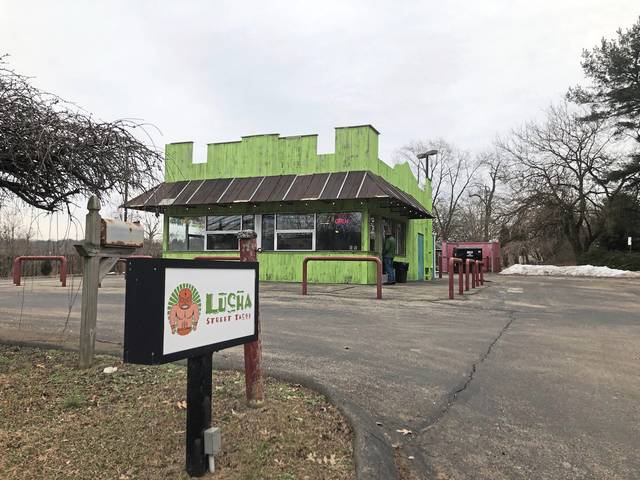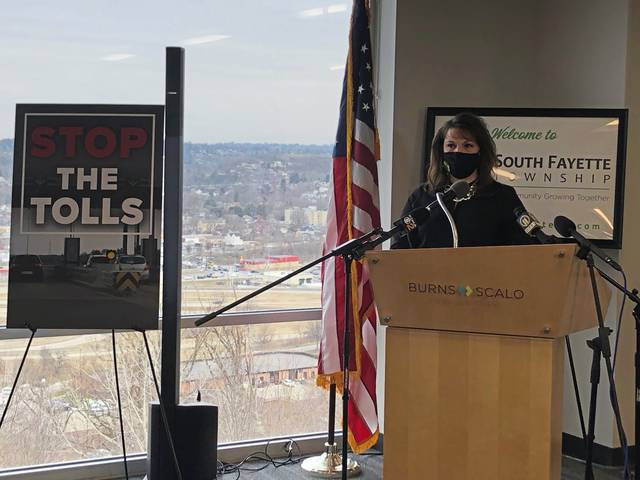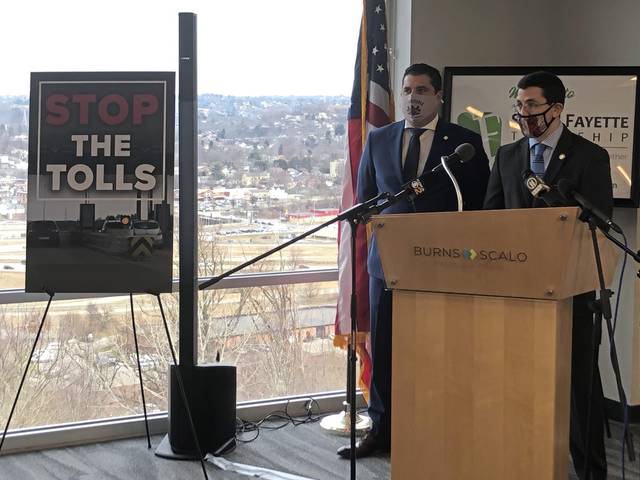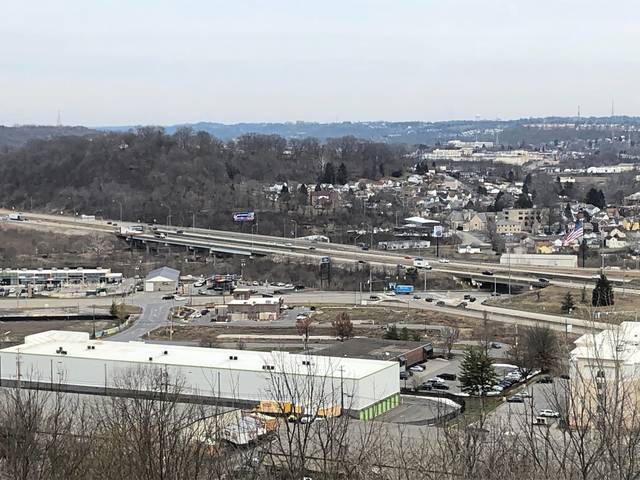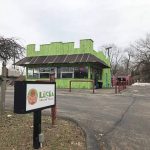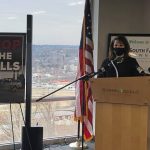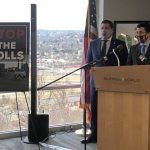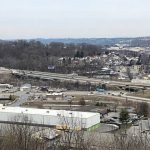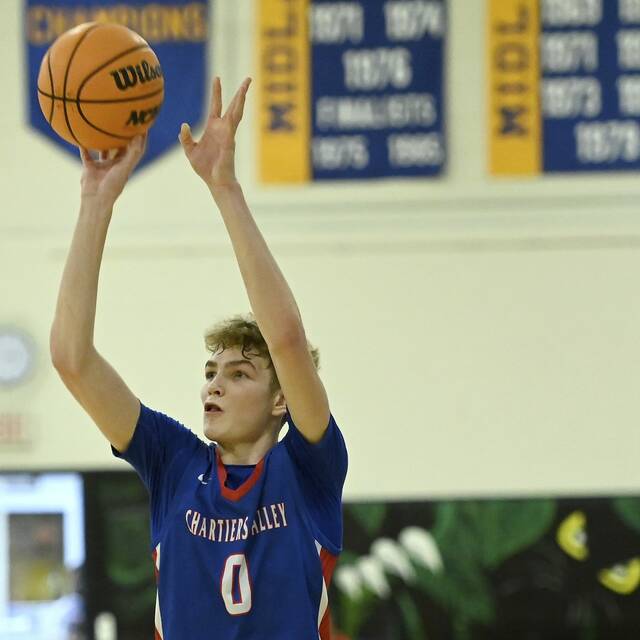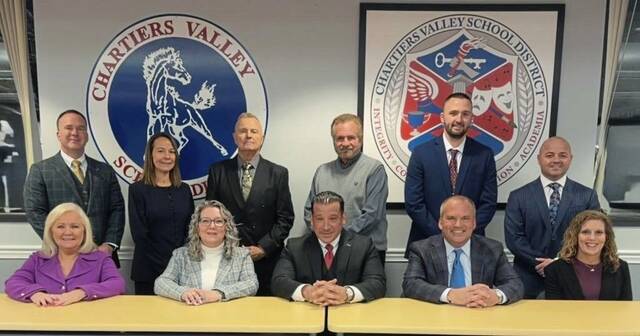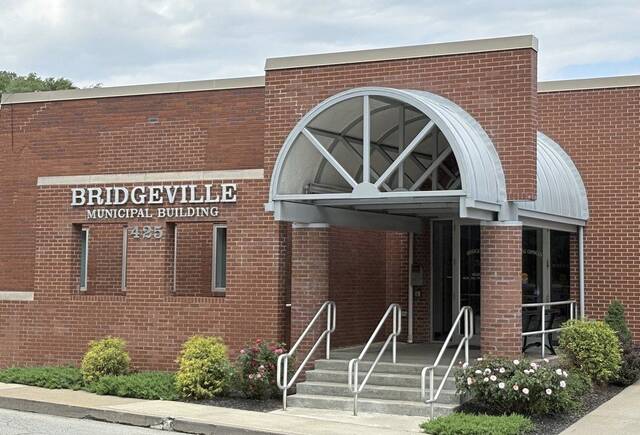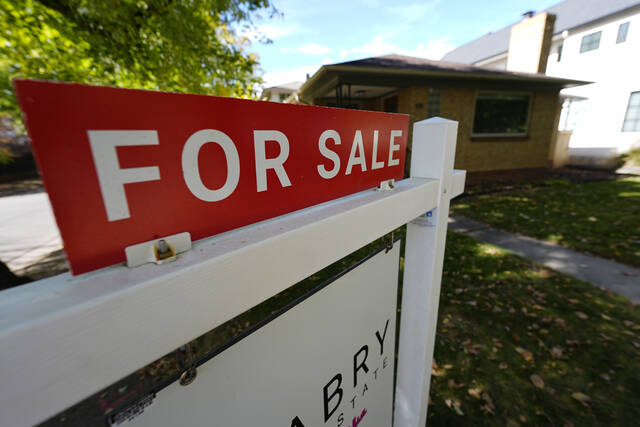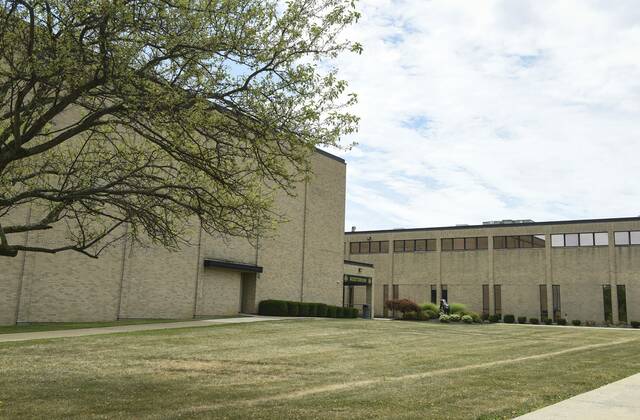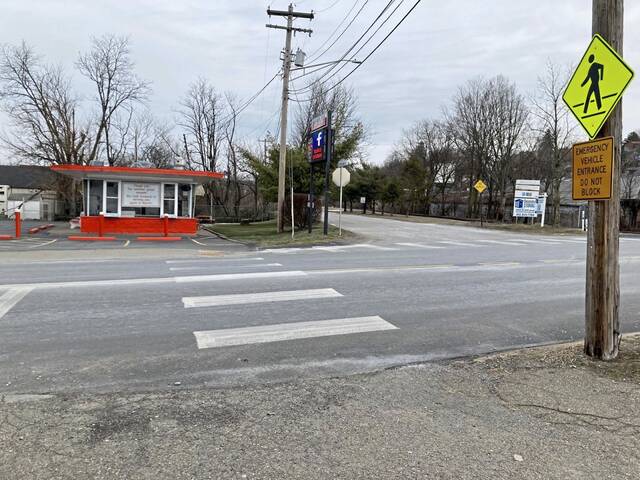A proposed toll to pay for a bridge widening project along I-79 in the South Fayette area is unnecessary and would cause undo hardship to motorists, as well as residents and business owners of several nearby communities, according to state and local officials.
“This toll is a tax,” state Sen. Devlin Robinson, R-Bridgeville, said at a press conference Friday. “It’s being implemented to fund PennDOT projects whose funding fell short because of the gas tax. The gas tax hasn’t brought in the money they they thought it wasn’t going to bring in, and why is that?
“Because we’re in the middle of a recession. If you believe that we will pull out of this pandemic. If you believe that the vaccine will get us back to work and get us back to business, we will be able to raise the money to fund these projects again through the gas tax. This is not a needed toll.”
Robinson rallied against the proposed toll with many others including state Rep. Jason Ortitay, R-South Fayette, township commission President Gwen Rodi and several business owners in the South Fayette area.
“Tolling this bridge will cause people to avoid this area all together, just as we’re getting it up and moving into the fastest growing area in Southwestern (Pennsylvania),” Ortitay said. “This toll is putting hundreds, if not thousands, of jobs in jeopardy. It’s putting hundreds of millions of dollars of investment into our area into jeopardy. It’s a reckless proposal that does not take into account the reality of the situation of this area.”
Marc Snider, owner of Lucha Street Tacos and Bubba’s Gourmet Burghers and Beer said the toll could be “the nail in the coffin” of his restaurants and others in the I-79 corridor already struggling due to the pandemic.
“We’re literally fighting for every single customer for mere survival,” Snider said. “Any time you put in a penance between a customer and your facility, whatever your business is, it’s one step closer to them choosing someone else.
“There has got to be another way. We know that in the state of Pennsylvania we pay a lot of taxes. There has got to be some way that we can tax that we are currently paying and use it for a bridge.”
PennDOT officials released their plans for the I-79 bridge, as well as several other bridges on Feb. 18.
Melissa Batula, PennDOT’s deputy secretary for Highway Administration, said the plan is to keep toll fees reasonable.
“For passenger cars, we’re talking in the $1 to $2 range, maybe a little bit higher, but in that general range,” Batula said. “We are very mindful of the impact that those do have, so we’re trying to keep those as low as possible.”
Rodi said that would equate to some people possibly paying $4 a day, at least $1,000 a year, just to get back and forth to work, not to mention family trips and other travels across the bridge.
“We all have been financially impacted from the coronavirus pandemic and are finding ways to fill funding shortfalls,” Rodi said. “Tolling will most definitely add hardship and have long lasting financial impacts on our communities for years to come.”
Rodi said PennDOT officials never reached out to the township to discuss the possible toll prior to making their announcement, and since then she has been inundated with calls from residents and business owners opposing the move.
Ortitay also noted the lack of public discussions and notice of the plan prior to its announcement.
However, PennDOT spokesman Steve Cowan disputed the claim.
“The P3 project has included legislative input and involvement for months,” Cowan said via email Friday. “Not only was the process outlined in bipartisan legislation that is almost eight years old, the P3 Board, which includes legislative appointees, voted unanimously on this plan last fall.
“Legislators were invited to an informational session on Pathways, the P3 project, and tolling overall the week before the announcement, and that presentation and recording were shared afterward. The same was done for metropolitan and regional planning organizations as well as key transportation stakeholders.
“The Feb. 18 announcement of candidate locations (for tolls) begins a public involvement process for each location. A thorough environmental, revenue, and route-diversion review will occur, along with public outreach.”
The I-79 widening and Bridgeville interchange work is expected to cost an estimated $120 million to $150 million. I-79 would get an additional lane in both directions around the Bridgeville interchange, and the interchange would be revamped.
The work is part of PennDOT’s Pathways Major Bridge Public-Private Partnership (P3) Initiative to rehabilitate as many as nine interstate bridges across the state. The total cost is pegged at between $1.6 billion to $2.2 billion.
The Pennsylvania P3 Board approved the initiative in November, allowing PennDOT to consider alternative funding methods for the various locations.
Officials said funding these bridges with tolls could free up funds across the state to repave about 1,900 miles of highways or interstates, build approximately 730 miles of new interstate lanes or replace roughly 6,600 miles of guiderail.


